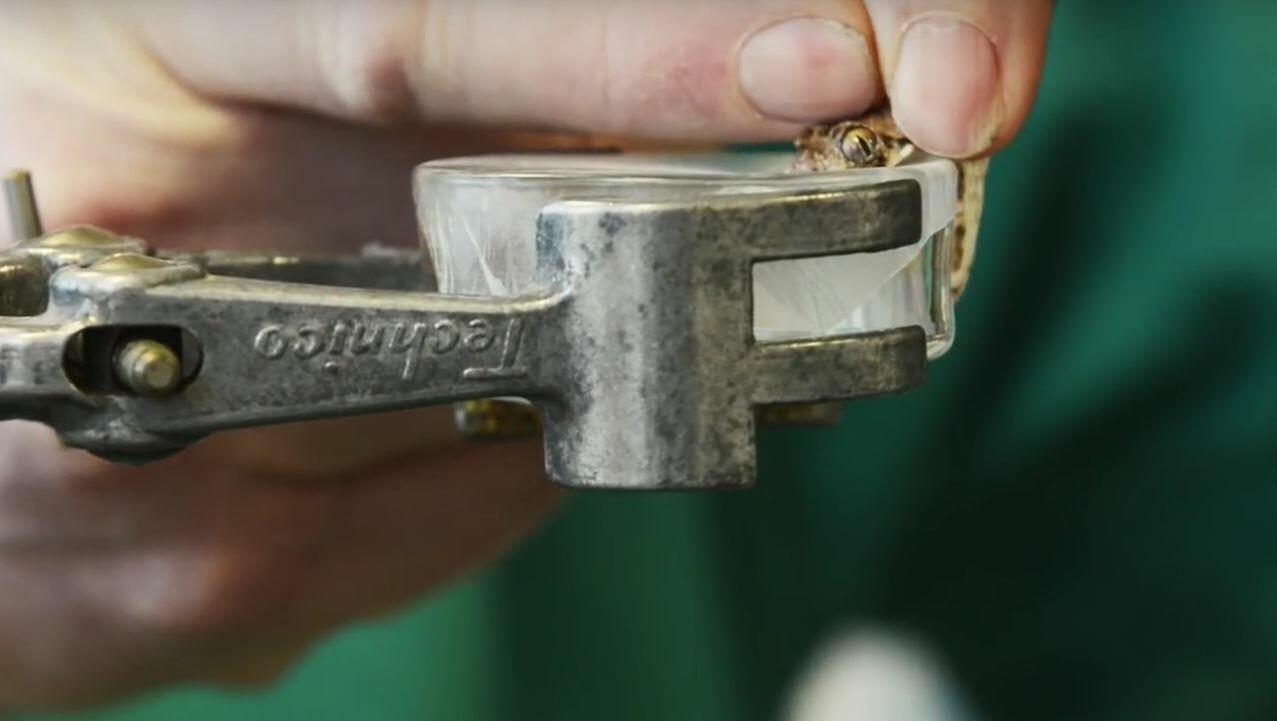
Dr Robert Harrison, Head of LSTM’s Alistair Reid Venom Research Unit, is among experts quoted in a news article published in the journal Nature today addressing the global issue of snakebite.
According to the World Health Organization (WHO) around 5 million people worldwide suffer snakebites each year, with more than 100,000 dying as a result and as many as 400,000 suffering permanent disfigurement or amputation. Dr Harrison said: “It is of vital importance that research into new, more effective, safe and affordable antivenoms is appropriately funded to reduce the deaths and disabilities currently suffered by snakebite victims – treatment that is too often denied to many thousands of people living in very disadvantaged circumstances.”
The article highlights the fact that snakebite was given a forum for the first time at the World Health Assembly this year, where the international shortage of antivenom and potential new solutions were discussed. One such solution is the use of broad spectrum or poly-specific antivenoms which are effective against bites from a number of species. However Sanofi Pasteur recently halted production of Fav-Afrique due to the fact that, at an average retail price of $120, it could not sell enough to make production worthwhile, meaning that new methods of production are required to address the problem effectively.
At LSTM Dr Harrison is leading research using a new technique called ‘antivenomics’ to produce an antivenom effective against all clinically important snake species in sub-Saharan Africa. Funded by a grant from the Medical Research Council (MRC) LSTM is working in partnership with researchers in Spain and Costa Rica to identify all the destructive proteins in venoms of many snake species and combine them to raise antibodies to neutralise each of these toxins. “Having one effective antivenom for the region will make treatment much easier and cut down on the many side effects associated with the treatment of snakebite,” continued Dr Harrison: “The movement away from traditional production of antivenoms will also not only address the current high cost of production, making it more affordable for countries with limited health spend and a number of differing priorities, but also increase the shelf life of the products which currently require continuous refrigeration, an obvious problem in remote areas without electricity.” Dr Harrison added “We fully recognise that it will take time for our research plans to become new drugs, and have initiated other, non-lab based projects to help snakebite victims get to health care and to ensure that they are treated with effective antivenoms”
You can read the article here.